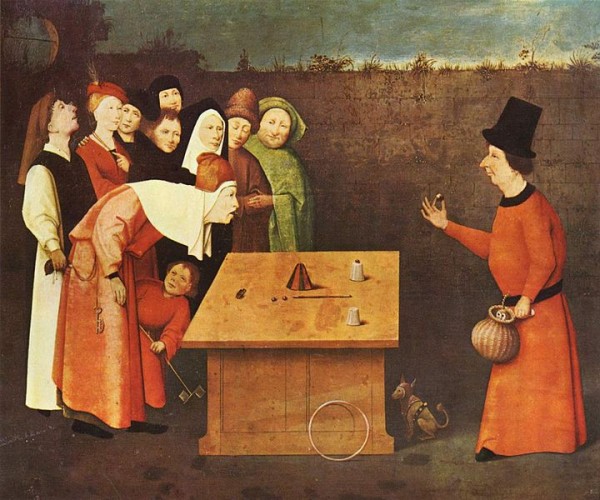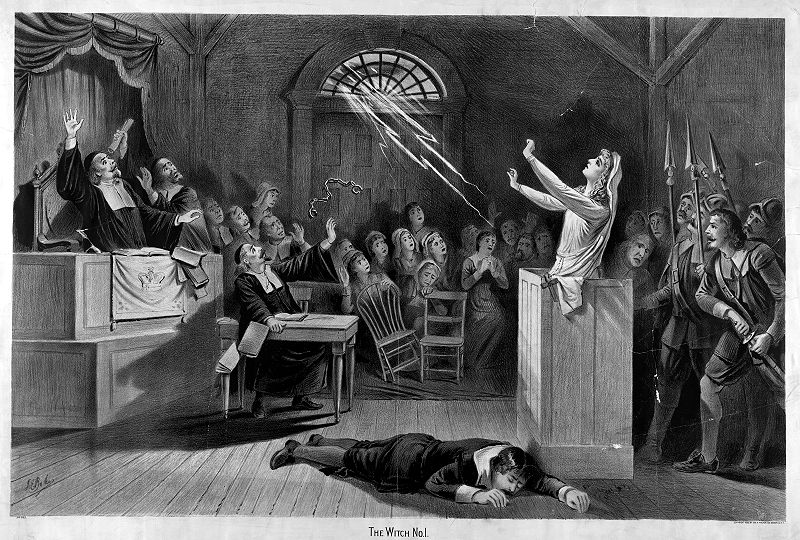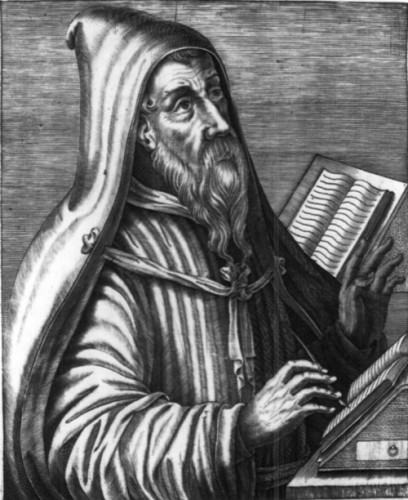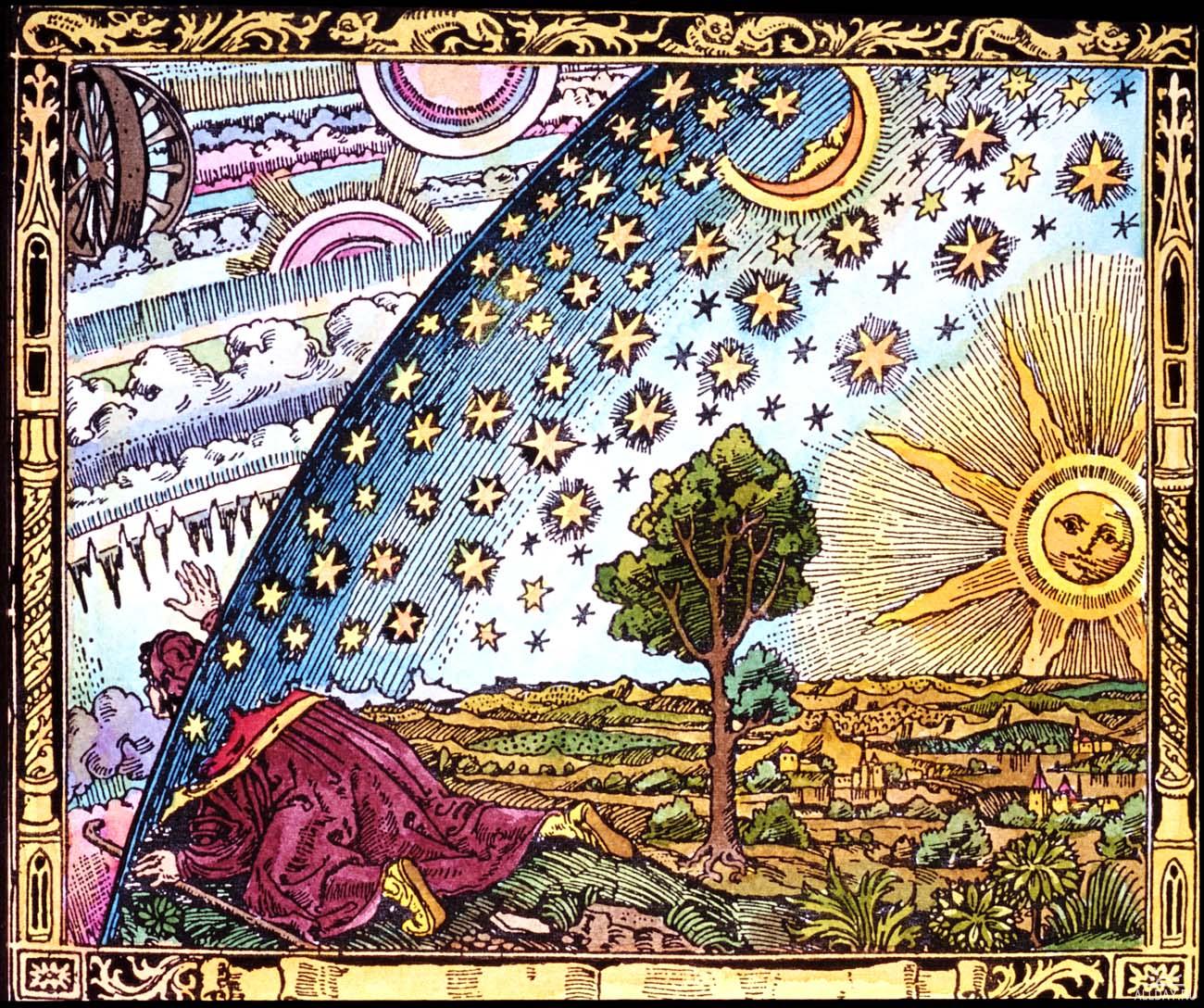Once upon a time, magic was big news. Before it became a point of entertainment, magic belonged to an entirely different belief system, bringing with it a whole lot of debate. During the Middle Ages, the art of magic was perhaps at its high point, showing up across all walks of life. Before inhabitants understood the laws of science, it was magic that was helping them to discover the world and draw up their own belief systems. From the strange to the sceptical, the Middle Ages was caught up in all things magical, using the forces to shape the way society was run.
- Magic Was Held As A Superstition

When the art of magic was still in its infancy, it was not considered a legitimate belief system. In the early Middle Ages, admitting that you believed in magic was as good as publicly disrespecting yourself. Tied up in religion and paganism, a belief in magical abilities was said to come about as a result of demonic deception. St. Augustine even went so far as to say that those who believed they possessed certain powers had merely been fooled by villainous demons sent by the devil.
- Magic Became A Crime

While the validity of magic was still very much up in the air during the early Middle Ages, changing religious and cultural opinions soon turned its practice into a crime. Proving that the magic people were using was a very difficult thing to do, but practicing it in the first place put you in line for a whole strain of philosophical issues. Although the witchcraft trials of the time were a great deal less intense than those of the 16th and 17th centuries, they did still affect a huge amount of people. Those suspecting of using magic were often grouped together, eventually tried for their actions.
- Religious Figures Practiced Magic

Despite the religious and philosophical issues of practicing magic, its influence could be felt far and wide. While the act occupied a grey area in the cultural opinion, religious figures were forced to understand its usage in order to get closer to those accused of practicing it illegally. Many clergy figures practiced magic in this way and the monks of St. Augustine’s in Canterbury were said to have a collection of 30 magic books in their library. Often, practices involved both magic and prayer, including a mix of the practices in order to fertilize fields and make crops grow.
- Magic Was Likened To Science

As the Middle Ages progressed, so too did the validity of magic. During the High and Late Middle Ages, aspects of magic were included in intellectual discourse, such as those on subjects of astrology. One of the leading theologians in Medieval Europe even believed that stones held powerful forces and astrology was a way of reading the future. Stargazers were even consulted on important political opinions, using their know how to help guide politicians to the right answer.